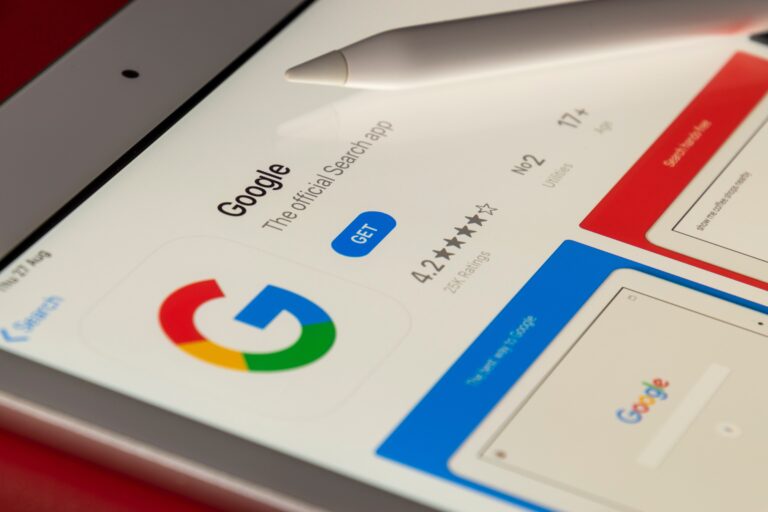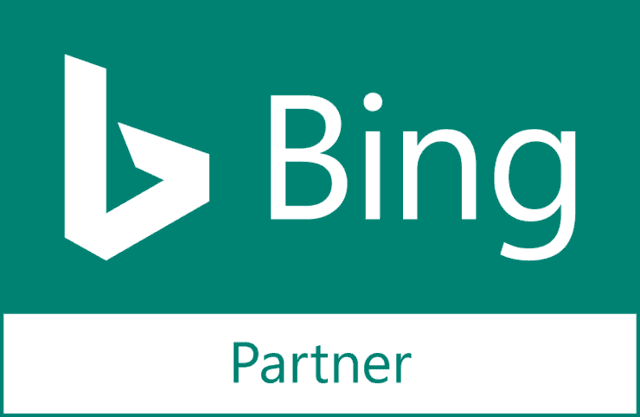 On August 18, 2022, Google announced what could be its biggest update since the Mobile-first index: The Helpful Content update. According to Google, this update aims to “… ensure people see more original, helpful content written by people, for people, in search results.” While the full impact of this update won’t be known until it fully rolls out sometime in the middle of September, this could affect many websites – especially those that rely on content written for search engines first and people more or less as an afterthought.
On August 18, 2022, Google announced what could be its biggest update since the Mobile-first index: The Helpful Content update. According to Google, this update aims to “… ensure people see more original, helpful content written by people, for people, in search results.” While the full impact of this update won’t be known until it fully rolls out sometime in the middle of September, this could affect many websites – especially those that rely on content written for search engines first and people more or less as an afterthought.
As is common after a major announcement by Google, articles are already posted on how to optimize for “Helpful Content.” In reality, to many Google watchers, this update should come as no surprise. Google’s Website Quality Rater Guidelines have long contained instructions to the people who evaluate search results to evaluate the quality of content. The last several core algorithm updates have centered around content quality. Google even shared some questions website operators can ask themselves to learn if they might be negatively affected (questions are copied exactly from the post):
- Is the content primarily to attract people from search engines rather than made for humans?
- Are you producing lots of content on different topics in hopes that some might perform well in search results?
- Are you using extensive automation to produce content on many topics?
- Are you mainly summarizing what others have to say without adding much value?
- Are you writing about things simply because they seem to trend and not because you’d write about them otherwise for your existing audience?
- Does your content leave readers feeling like they need to search again to get better information from other sources?
- Are you writing to a particular word count because you’ve heard or read that Google has a preferred word count? (No, we don’t).
- Did you decide to enter some niche topic area without real expertise, mainly because you thought you’d get search traffic?
- Does your content promise to answer a question that has no answer, such as suggesting a release date for a product, movie, or TV show when one isn’t confirmed?
We at WrightIMC can summarize this down to 1 question: Are you creating website content that is useful, easy to find, and answers the information needs of your current and potential customers by sharing your expertise in your business?
For quite a while, we have been advising our clients to take a human-centered and data-driven approach to content strategy. This strategy helps brands create better and more useful website content and goes a long way toward earning more attention from organic search over the long run. The added benefit to creating content this way is that it will nearly always be “algorithm-proof.” Search engines have long emphasized high-quality, useful content, so there’s no reason to think they will change to ranking low-quality content.
As mentioned above, the full impact of this update will not be known for quite some time. Several things affect the long-term adjustments that will be made to ranking content:
- This update currently only applies to English-language content – expect other languages to follow after a time
- An automated machine learning model will evaluate content – there is a high likelihood of false positives, and adjustments will be common in the first months after it fully rolls out.
- This update will apply to entire websites – not just individual pages. Some site operators will need to prune content to recover from traffic losses.
If this update is causing you concern, give us a shout and let us take a look at your website. If there is a problem, we can put you on a plan to correct it.






